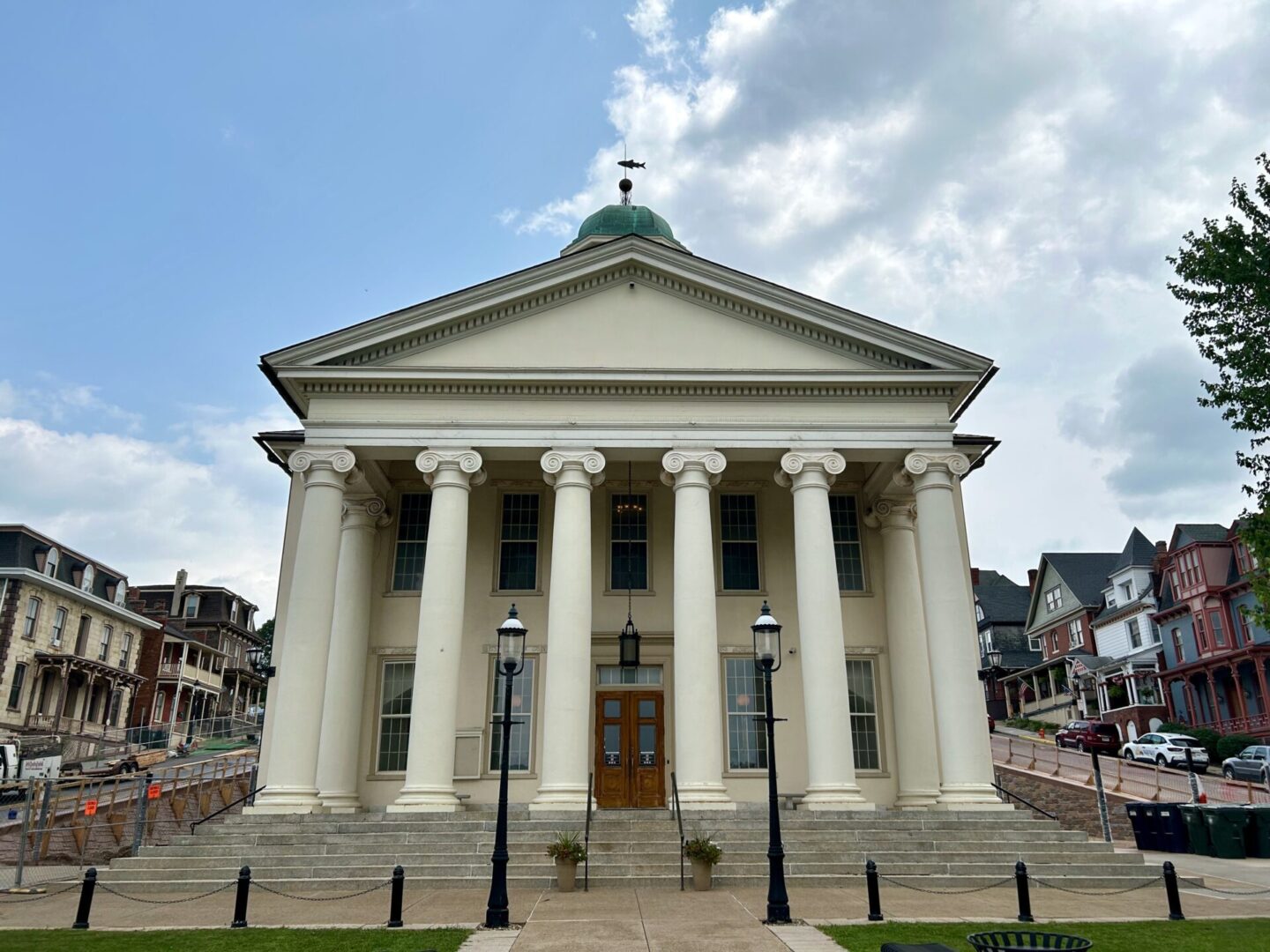A Penn State trustee filed a lawsuit on Tuesday against the university’s governing board and its former chair for keeping him off the ballot for election by alumni this spring.
Alumni-elected trustee Barry Fenchak says the board violated Pennsylvania law for nonprofit organizations when it altered its code of conduct and established a nominating subcommittee with the power to deem candidates “unqualified” and ineligible to be listed on the ballot.
The subcommittee exercised that power at a Feb. 26 meeting where Fenchak, whose first term on the board ends in July, from among 19 put forward to be disqualified. Fenchak is seeking a court order that would allow him to appear on the ballot .
Fenchak sued the board and then-Chair Matthew Schuyler in 2024 for access to financial information he says was necessary to his fiduciary oversight as a trustee but that university officials refused to provide.
The board subsequently attempted to remove Fenchak when it received a complaint from a junior female staffer about a remark he made following a trustees meeting in July at the Altoona campus, just days after he filed the lawsuit. Fenchak asked the staff member about her hat and in what he later said was a reference to a line from the movie “A League of Their Own,” Fenchak remarked that when he wears a ball cap, his wife says he “looks like a penis with a little hat on.”
The staff member and two other employees said they were made uncomfortable by Fenchak’s remarks and felt they couldn’t end the conversation because of his position. After the complaint was filed, the board scheduled a vote on his removal for October, but a Centre County judge issued an injunction preventing the vote from occurring, saying in part that Fenchak had provided evidence of retaliatory behavior against him since he joined the board in 2022.
At the nominating subcommittee’s meeting in February, trustee Daniel Delligatti cited the incident with the staff member in objecting to Fenchak’s nomination.
“Candidate Fenchak’s record of service includes eight records advising the candidate of failures to abide by board standards of conduct, including one relating to an incident of inappropriate behavior directed toward a university employee in July 2024 that violates the board’s past expectations of membership and current code of conduct,” Delligatti said.
Fenchak’s attorneys, Terry Mutchler and Justin Boehret, wrote that the amendment to the board’s bylaws creating the nominating subcommittee and updating the code of conduct did not meet the state law’s standards of being “reasonable,” “germane” to the purpose of the university and “equally enforced among all members.”
“The Amended Bylaws are inconsistent with Pennsylvania Law in several aspects, and accordingly, they are unlawful and unenforceable,” the attorneys wrote.
They also argued that the board ignored the preliminary injunction preventing Fenchak’s removal and “utilized their Nominating Subcommittee to do what they were prohibited from doing by the Court’s order: removing [Fenchak] from the Board of Trustees.”
The board, the lawsuit claims, has selectively enforced provisions of the bylaws against only Fenchak.
“For instance, Defendants have repeatedly chosen to ignore serious misconduct by other trustees, including threats against other trustees – clear violations of the Trustee Code of Conduct – while simultaneously wielding the same Trustee Code of Conduct to punish Plaintiff for his free expression concerning policy disputes, or more troubling, his pursuit of critical information (which he is lawfully entitled to) concerning the assets, liabilities of the University,” Mutchler and Boehret wrote.
The attorneys added that provisions of the code of conduct in the amended by laws requiring trustees to publicly support majority decisions and prohibiting “negative or critical statements about the board,” violate the right to free speech in the U.S. and Pennsylvania constitutions.
“The Defendants may choose to pursue policy that turns corporate governance and oversight on its head, but in doing so they may not override fundamental rights enshrined in the Pennsylvania Constitution,” they wrote, calling the conduct provision a “draconian gag order.”
A hearing date has not yet been set for Fenchak’s lawsuit and motion for a preliminary injunction preventing the board from keeping him off the ballot.
Penn State alumni will begin receiving ballots for the trustee election on April 21 and will have until 9 a.m. on May 8 to vote. Results will be announced during the board meeting on May 9.
In Fenchak’s original lawsuit against the board, the two sides reached a confidentiality agreement consented to a confidentiality agreement allowing him access to the documents sought, but the case remains ongoing with the next hearing scheduled for May 12.



